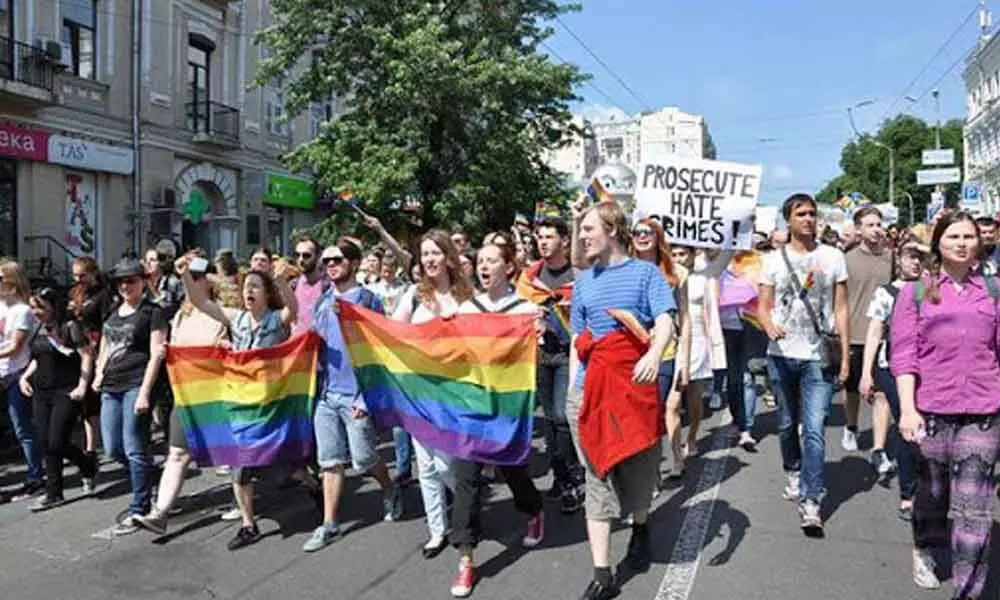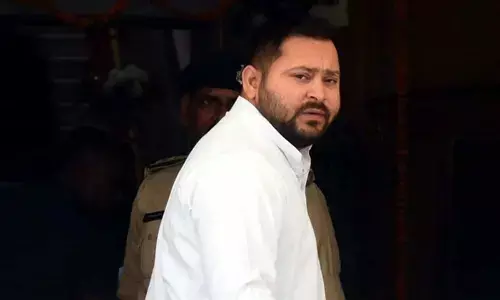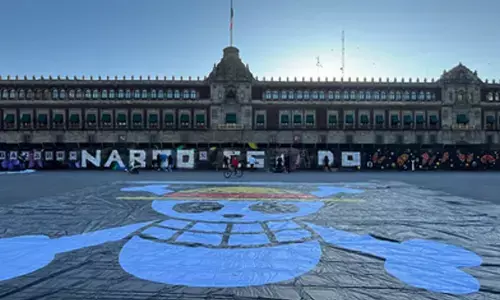Repression, Russian style!

Repression, Russian style!
Russian police have detained more than 3,000 people in a crackdown on protests in support of jailed opposition leader Alexei Navalny, monitors say. Tens of thousands of people defied a heavy police presence to join some of the largest rallies against President Vladimir Putin in years. In Moscow, riot police were seen beating and dragging away protesters. OVD Info, an independent NGO that monitors rallies, said about 3,100 people had been detained, more than 1,200 of them in Moscow alone.
Navalny, President Putin's most high-profile critic, called for street protests after his arrest recently. He was detained after he flew back to Moscow from Berlin, where he had been recovering from a near-fatal nerve agent attack in Russia last August.
On his return, he was immediately taken into custody and found guilty of violating parole conditions. He says it is a trumped-up case designed to silence him. Navalny accuses President Putin of ordering his murder, which the Kremlin denies. The stubborn ex-lawyer who has campaigned against Putin for years despite what he describes as an unrelenting state effort to stifle his activity could now face years in jail, which his supporters are now trying to stop.
The unauthorised demonstrations were held in about 100 cities and towns from Russia's Far East and Siberia to Moscow and St Petersburg. Protesters ranged from teenage students to elderly people who demanded Navalny's release.
At least 40,000 people joined a rally in central Moscow. But Russia's interior ministry put the number of protesters at 4,000.
In the Siberian city of Yakutsk, attendees at a small protest saw temperatures dip as low as -50C (-58F). Observers say the scale of the demonstrations across the country was unprecedented while the protest in the capital was the largest in almost a decade. The issue, however, is Vladimir Putin can't lose and yet Navalny protests. Navalny is now under arrest, charged with violating his suspended sentence by leaving for Germany and staying there a few months.
The conviction for which he received the suspended sentence was pronounced unlawful by the European Court of Human Rights. It increasingly seems that the Russian opposition leader has become Putin's main rival, if not yet for the nation's leadership, then at least for the status of the world's best-known Russian.
His newly acquired international fame made a joke out of the pro-Kremlin media's policy to refer to him as just a "blogger" and Putin's own refusal to call him by name. Having indeed started as an anti-corruption blogger over a decade ago, Navalny was Russia's first opposition figure who managed to create an extremely efficient nationwide network of supporters, many in their twenties or even teens.
In a country mired by political apathy and pervasive cynicism, he managed to inspire millions by conducting ground-breaking investigations into the astonishing corruption of Putin's entourage and presenting them in easy-to-grasp YouTube videos filled with his trademark irony.
Navalny could have lived comfortably in Germany and still remained a global celebrity. The Russian establishment didn't really want to arrest him. They had merely sent him a polite reminder that they would leave him alone if he leaves them alone. By getting arrested upon arrival from Germany, Navalny made the Kremlin look both weak and vengeful.














